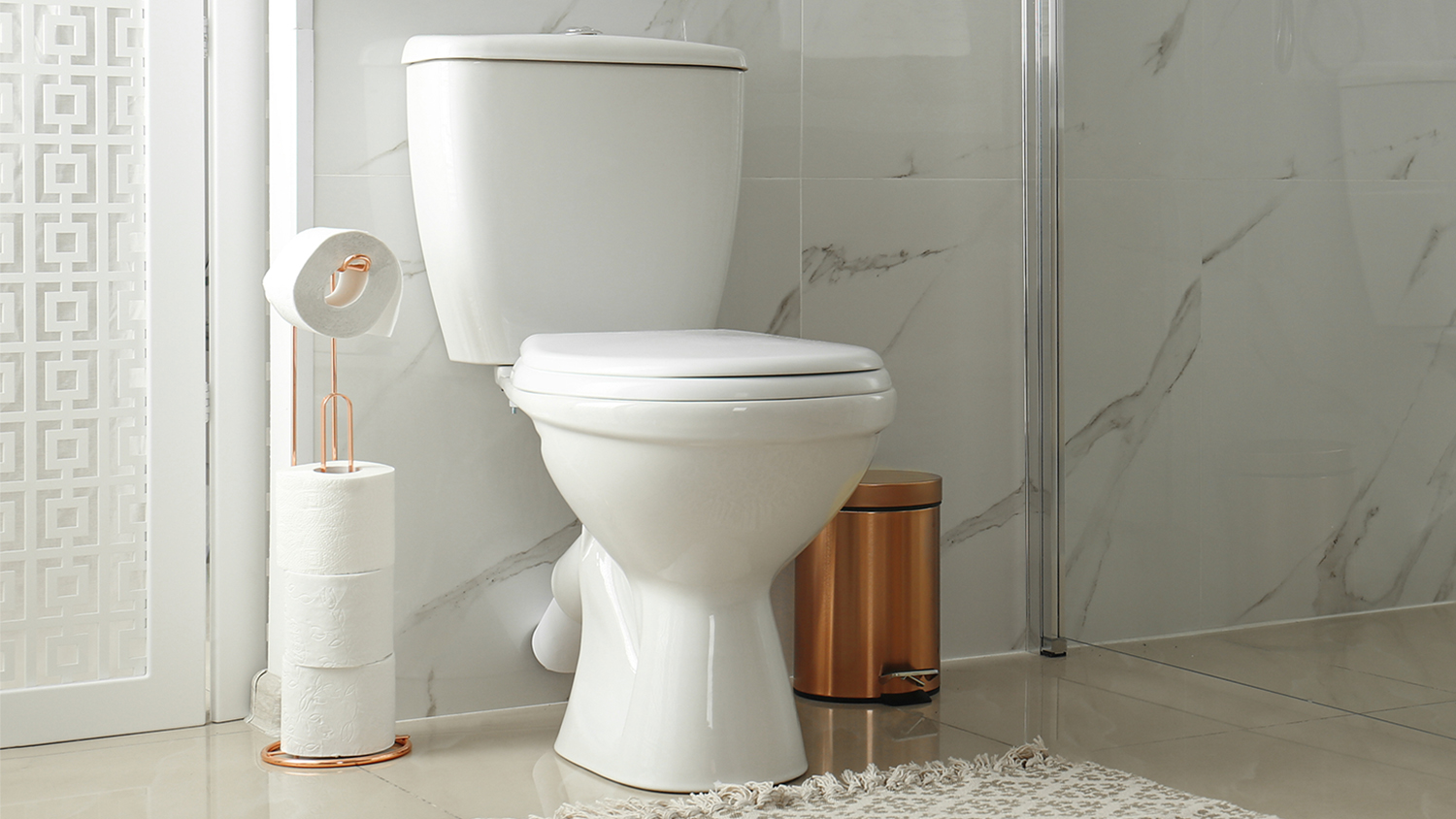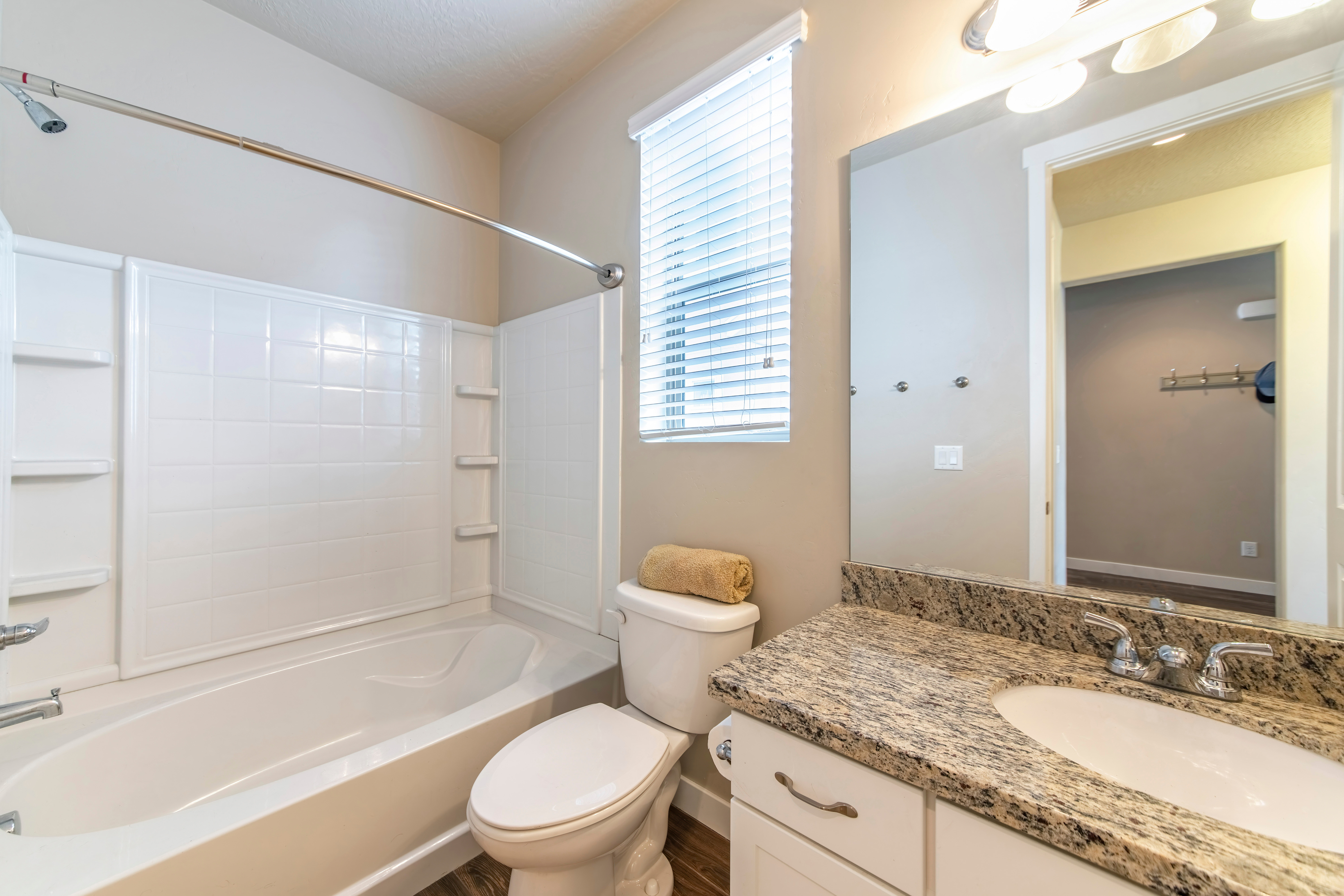
Need to know what sewer line replacement costs in New York, NY? This guide will help you prepare to budget for sewer line replacement done by local contractors.
When figuring out if you need to replace a sewer line, it's important to consider all of your options first


A sewer backup or leak doesn’t always have to result in a complete sewer line replacement. By calling in the right experts and identifying the root cause of the problem, often a simpler and less costly repair is enough.
Consider these eight factors to help you better understand when sewer line replacement may be necessary, what it involves, and why.
These sewer problem warning signs are often a good indication your sewer line may need replacing (or, at the least, need some maintenance or repair work):
Drain backups or persistent slow drainage
Gurgling sounds in drains
Foul sewage odors
Pools of water on your lawn
Flooding septic waste in your yard
Foundation problems
Being aware of the common causes of sewer line damage can help you understand if something may have contributed to a serious problem and help prevent damage in the future. You can also pass the info onto your pro to help them better determine a fix for you.
Some things that can contribute to damage include:
Tree roots
Extremes in temperature (especially when there’s a hard freeze)
Foreign objects causing a blockage
Corrosion of old cast-iron pipes (found in houses built before the 1960s)
Products getting flushed down toilets or drains that shouldn’t be— i.e. grease buildup, flushing away things like sanitary products and baby wipes
Soil conditions
Although a backed-up sewer can induce panic in even the calmest homeowners, don’t rush to get your sewer line replaced without having it inspected first to diagnose what the problem is.
Professionals can thread a digital camera into the line to check the pipe condition, identify cracks, blockages, holes, collapsed sections in the pipe, or even root damage. This helps to determine whether a repair or replacement is the best option.
Sometimes a complete sewer line replacement won’t be necessary, and a simpler, less expensive trenchless repair will remedy the problem. When there’s minimal damage to the pipe, inserting an inflatable tube covered in tough, flexible epoxy resin can reliably patch a section up. When the pros inflate the tube, the epoxy presses against the damaged area, cures, hardens, and fills the leak. They will then deflate and remove the tube.
According to data from Angi customers, 30.4% of homeowners needed to repair their sewer main, whereas only 22.4% needed a full replacement. If you’re among the 32.5% who would rather have a pro recommendation before starting, call a local sewer expert ASAP.

When pipes have extensive damage, a full line replacement rather than a repair is the solution. There are two main methods used for this process.
Traditionally sewer line replacement involves carving a large trench in your property to find and replace the entire piping length. It’s a pretty invasive process and could involve excavating sidewalks, driveways, patios, lawns, and more. It can also take several days to complete.
After replacing the line and filling the trench, you must repair any damage done to landscapes and hardscapes.
Trenchless sewer line replacement is much less invasive than the traditional methods and is now the preferred method for many professionals. No trenches are required, and you won’t have any major damage to your lawn.
Instead, “pipe bursting” involves destroying the existing line and immediately replacing it with a new one by digging only strategic access points.
Although it can be a slightly more expensive technique, it saves a lot of disruption, is much faster (often completed in one day), and you won’t have the costs associated with repairing the damage done by digging the trenches.
The cost for a sewer line replacement will depend on the type of technique used, the length of the pipe, and the complexities of access and excavation.
For shallow pipes that require little digging and those not underneath hardscaping or near utilities, it may be slightly cheaper to replace a pipe using the traditional methods. However, you’ll then have to factor in the costs to repair the excavation damage after.
For long, deep pipes that require extensive excavation, it may cost less to do the trenchless technique—and it’ll save a lot of headaches in terms of convenience and disruption.
You can expect to pay up to $250 per linear foot, and complete replacement using both methods can cost anywhere from around a few thousand dollars to more than $25,000.
Most standard insurance policies don’t cover sewer line replacement unless a third party has caused unexpected damage.
If you have worries about the costs associated with work like this, particularly if you have old pipes, home warranty companies often offer support as part of their septic system coverage. Standalone insurance to cover septic systems is also possible, but it can be expensive.
Sewer line replacements can be complex, invasive, and costly jobs. Making sure you select a reputable local sewer line repair and replacement professional to conduct any work will ensure things go as smoothly as possible.
A licensed plumbing contractor should be qualified for the job, and some companies specialize in repairing and replacing sewer lines. Take the time to get quotes from at least three professionals, and don’t be afraid to ask to see evidence of their qualifications, licensing, and references.
From average costs to expert advice, get all the answers you need to get your job done.

Need to know what sewer line replacement costs in New York, NY? This guide will help you prepare to budget for sewer line replacement done by local contractors.

Need to know what sewer line replacement costs in Detroit, MI? This guide will help you prepare to budget for sewer line replacement done by local contractors.

Planning a big project? It might be time to ask how much it costs to get utilities on land. This isn’t a budget-friendly project, so start planning here.

Knowing your septic tank’s location can help you clean and repair the system quicker. Learn five methods for how to find a septic tank lid with this guide.

Need to know what sewer line replacement costs in Houston, TX? This guide will help you prepare to budget for sewer line replacement done by local contractors.

Your lot might require an alternative septic system based on location and soil conditions. Learn all about alternative septic systems and their costs.